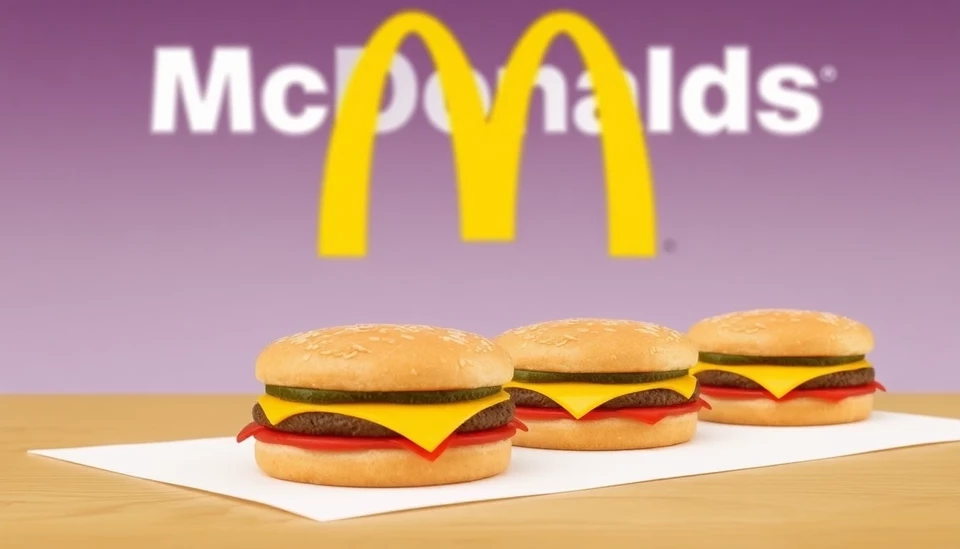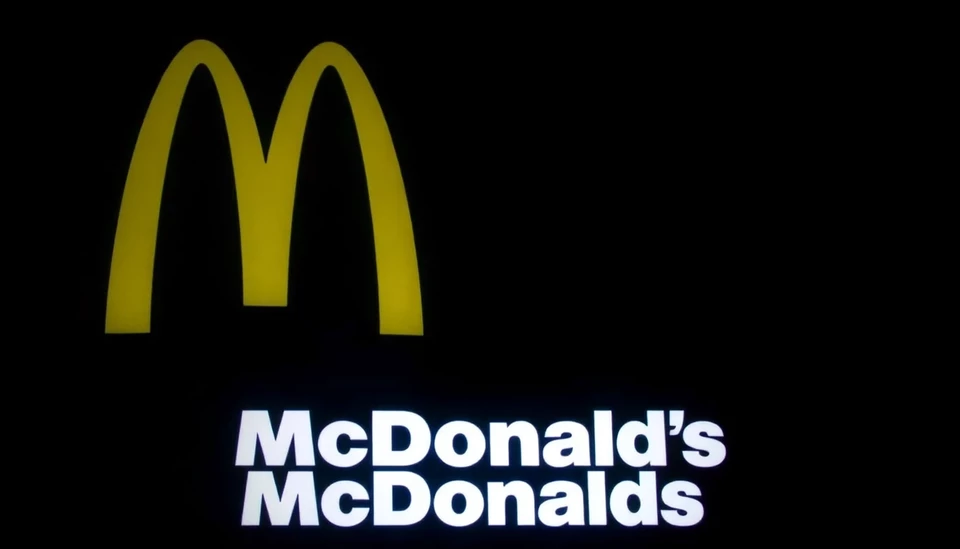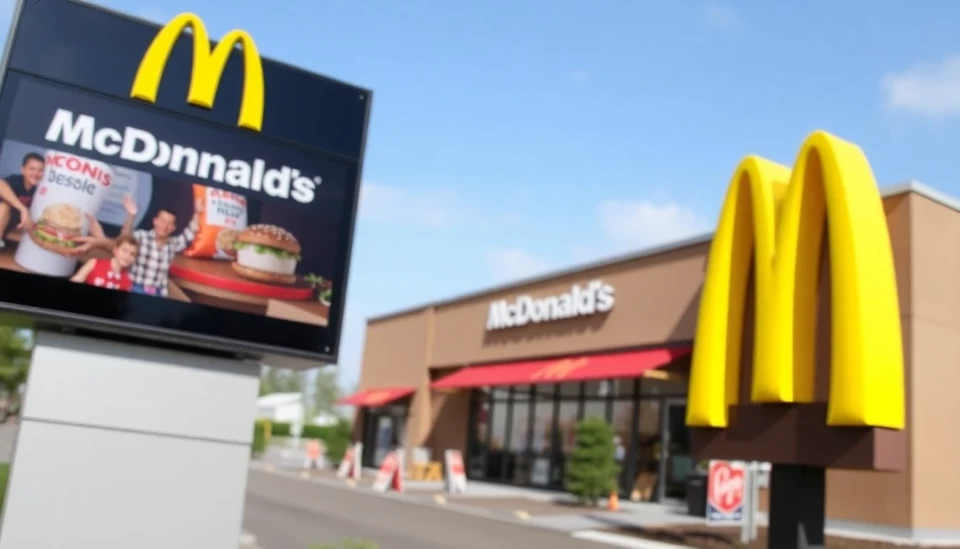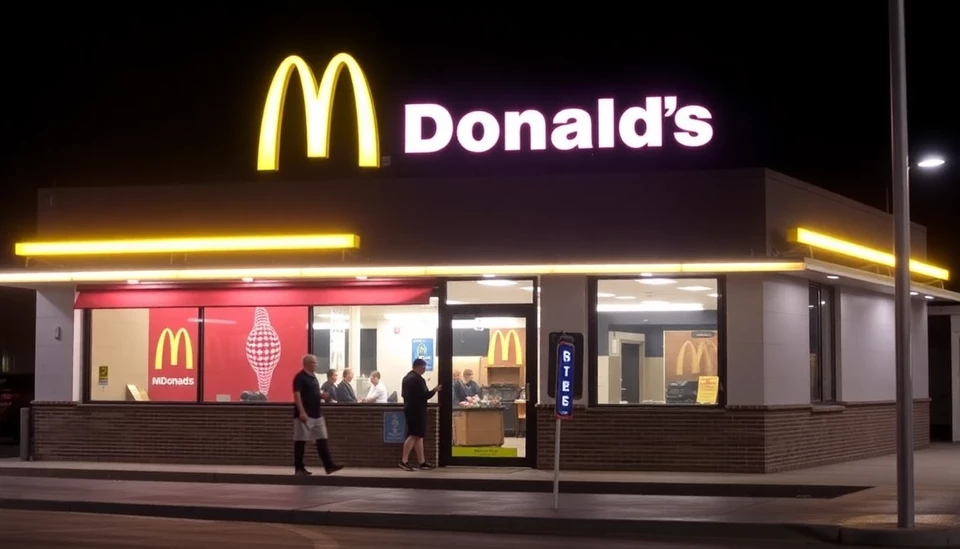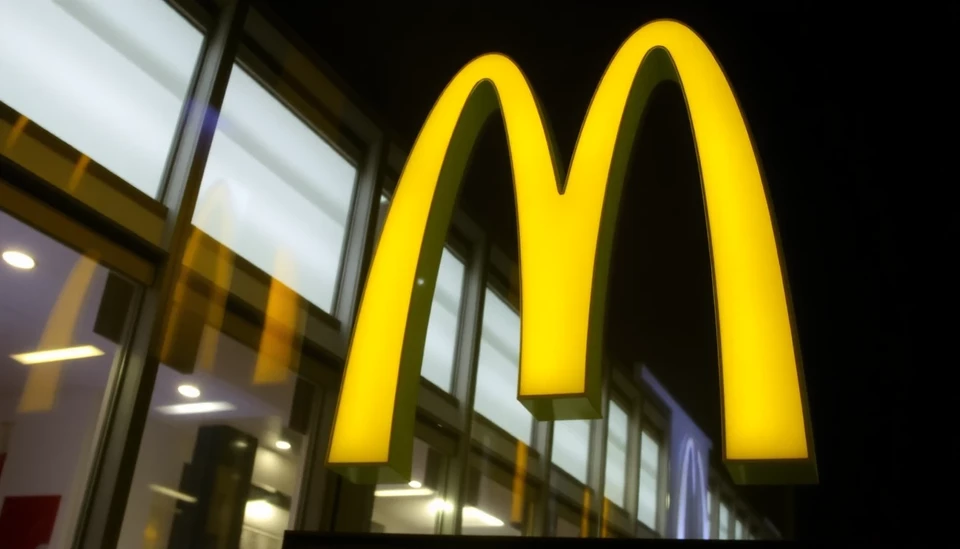
In a recent alarming health crisis, McDonald’s is grappling with an E. coli outbreak linked to its restaurants, which has left several customers seriously ill. The outbreak has not only affected the health of individuals but also cast a shadow over the iconic fast-food brand's reputation. In response to the growing concern, McDonald’s is now strategizing to win its customers back and restore their confidence in the brand.
The outbreak, confirmed by health officials, has been traced to certain locations where contaminated food was served. As a result, various reports suggest that customers have become apprehensive about dining at McDonald’s, leading to a notable decline in foot traffic in the affected regions. The health department is working diligently to ascertain the source of the E. coli contamination, whilst McDonald’s is actively collaborating with local authorities to ensure that all necessary health and safety measures are implemented.
To combat the negative publicity and regain consumer trust, McDonald’s has launched an extensive public relations campaign aimed at reassuring customers of their safety. The campaign includes increased transparency about food sourcing and preparation processes. The fast-food chain is also emphasizing its commitment to maintaining high hygiene standards. They are planning promotional activities, including discounts and special offers, to encourage patrons to return to their establishments. The company hopes that these incentives will mitigate the fallout from this unfortunate incident.
Additionally, McDonald’s is taking proactive measures, including rigorous training programs for its employees, aimed at enhancing food safety protocols. They emphasize the importance of proper food handling techniques to prevent similar situations in the future. Health inspections across all affected outlets are being intensified to ensure compliance with food safety regulations.
Experts suggest that the brand’s future recovery hinges on its ability to communicate effectively with the public. It is critical for McDonald’s to not only act swiftly to quantify the damage from this outbreak but also to implement strategies for long-term trust rehabilitation. Analysts note that previous outbreaks in the food industry have shown that customer trust can be fragile and slow to rebuild, leaning heavily on the perceived reliability of food safety practices.
In the meantime, customers have taken to social media to express their concerns, and many are sharing their experiences related to the outbreak. McDonald’s is closely monitoring these sentiments, encouraging dialogue, and addressing the public through forums and online updates. They are aiming to rebuild a connection with their clientele by being transparent about the steps being taken to safeguard their health.
As the situation unfolds, McDonald’s finds itself at a critical juncture. The immediate priority remains to manage the outbreak and reassure the public while ensuring that no further cases occur. The fast-food titan’s response in the weeks to come will be vital in determining its brand resilience and customer loyalty moving forward.
In conclusion, this E. coli outbreak is a stark reminder of the importance of food safety in the restaurant industry. McDonald’s, a leader in fast food, must navigate this challenge adeptly to maintain its legacy in a competitive market where consumer trust is paramount.
#McDonalds #EColiOutbreak #FoodSafety #CustomerTrust #FastFood #PublicHealth #CrisisManagement
Author: John Harris
